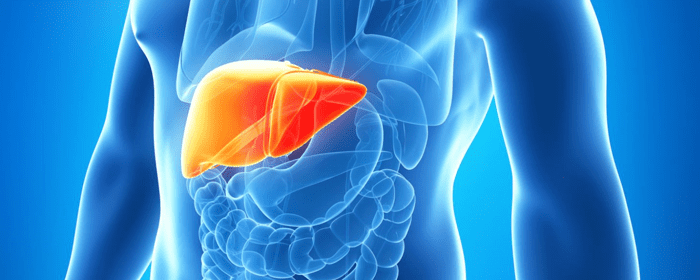Liver disease accounts for nearly two million deaths annually and is responsible for 4% of all deaths (1 out of every 25 deaths worldwide); approximately two-thirds of all liver-related deaths occur in men.
Most forms of chronic liver disease result from viral infections, alcohol abuse, or metabolic disorders and eventually result in cirrhosis and liver failure. The only effective treatment for end-stage cirrhosis is liver transplantation. Unfortunately, considering organ shortages and the high cost associated with this type of medical procedure, liver transplants are not available in many countries.
Stem cell transplantation, specifically transplantation using mesenchymal stem cells (MSCs), has been increasingly used as a potential treatment strategy for a host of diseases, including for treating chronic liver disease.
As part of this review, Kang et al. discuss the therapeutic effects of MSCs in liver diseases to address questions regarding their efficacy and safety, evaluate recent advances in this area, and consider the potential risks and challenges in the use of MSC-based therapies for liver disease.
When considering the therapeutic effects of MSC therapy in chronic liver disease, the authors conclude that this treatment has shown to be effective, primarily due to their immunomodulation, differentiation, and antifibrotic properties exhibited by MSCs. The authors also point out that although the safety and therapeutic effects of MSC therapy have been observed in several clinical studies, to date the therapy has demonstrated only modest improvements in treating liver disease. Kang et al. attribute this modest improvement, in part, to the current limited feasibility of transplanted cells.
The authors provide a detailed review of the strategies that have been utilized to improve the effects of MSC transplantation, including tissue engineering, preconditioning, genetic engineering, and using extracellular vesicles as cell-free therapy, and summarize the future potential of each of these as ways to improve MSC transplantation.
Kang et al. also highlight several problems that must be considered and addressed before MSCs are fully accepted as clinical therapeutic treatment options for chronic liver disease; these problems include the potential for carcinogenesis and viral transmission. For example, previous animal studies have demonstrated a relationship between the development of sarcoma and the number of passages. While this has not been directly observed in clinical trials involving human MSCs, the follow-up period was too short to allow for observed evidence of this development. As a result, the authors call for a detailed study into the chromosomal integrity before MSC transplantation to ensure the safety of the procedure.
In addition to the potential for tumor cell growth, allotransplantation of MSC cells may involve the risk of viral transmission to the patients. As a result, the authors indicate that both MSC recipients and donors may need to be screened for the presence of specific viruses, including parvovirus B19, herpes simplex virus, and cytomegalovirus.
The authors conclude that the prospects of MSC-based cell therapy for treating chronic liver disease will be determined by standardizing the cell source, culture conditions, administration route, and the outcomes of future large-scale clinical trials.
Source: “Mesenchymal Stem Cells for the Treatment of Liver Disease – NCBI.” https://www.ncbi.nlm.nih.gov/pmc/articles/PMC7234888/.


 St. Petersburg, Florida
St. Petersburg, Florida
